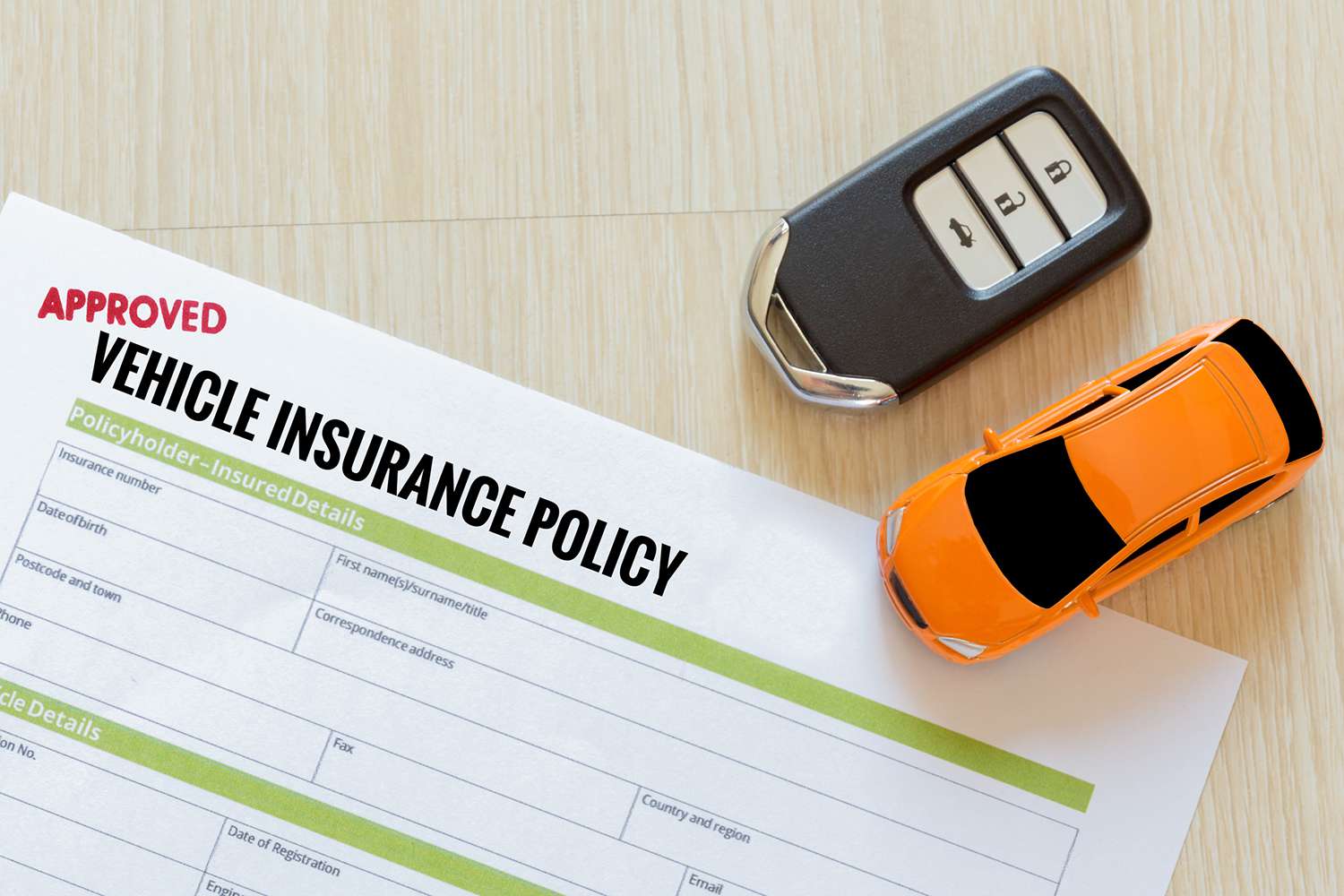Today, we’re debunking some of the most common myths about car insurance.
Have you ever heard that owning a red car will raise your insurance costs or that a ticket automatically spikes your premium? Keep reading to uncover the facts behind these widespread but incorrect assumptions.
Myth 1: “Your credit does not impact your insurance rate”
This claim is false. In reality, your credit history can affect your car insurance rates. Insurers may use your credit history to calculate a credit-based insurance score.
This score helps them predict the likelihood of you filing a claim, as it reflects how you manage your finances.
Research shows that individuals with higher credit scores tend to get into fewer accidents, so they often pay lower premiums compared to those with lower credit scores.
Myth 2: “Your insurance will cover tree and weather damage, vandalism, and theft”
Standard auto insurance policies typically don’t cover damage caused by falling trees, extreme weather, fires, vandalism, or theft.
To be protected against these risks, you’ll need to purchase a comprehensive policy, which is designed to cover such incidents.
Myth 3: “Getting a ticket will automatically increase your insurance costs”
Receiving a speeding ticket doesn’t always lead to higher insurance rates, especially if you have a clean driving record otherwise.
In some states, you can even offset the effects of a ticket by taking a state-approved safe driving course. These courses can help improve your driving record and potentially lower your rates.
Myth 4: “You don’t need more car insurance than what is required by law”
While most U.S. states mandate a minimum level of auto insurance coverage, these minimum policies are often insufficient for serious accidents.
Experts recommend purchasing a policy that includes at least $100,000 of bodily injury protection per person.
Opting only for the state-required minimum coverage could leave you with significant out-of-pocket costs in the event of an accident.

Myth 5: “Personal insurance covers business use of your vehicle”
This is incorrect. Personal auto insurance typically doesn’t cover accidents that occur while using your car for business purposes, even if you’re self-employed.
It’s essential to confirm with your insurer and, if necessary, obtain a business auto insurance policy to ensure you’re properly covered.
Myth 6: “The color of your car affects your insurance costs”
A persistent rumor suggests that red cars or other bright colors cost more to insure because they’re associated with risky driving.
However, this is a myth. Insurers don’t consider car color when calculating premiums.
Instead, they focus on factors such as the car’s make, model, age, sticker price, and repair costs. Your driving record, age, and sometimes your credit history also play crucial roles in determining your insurance rates.
Myth 7: “More expensive cars always cost more to insure”
The cost of your car at purchase doesn’t necessarily dictate your insurance premiums.
Instead, insurers look at repair costs, which can sometimes be higher for mid-priced vehicles than for luxury cars.
Myth 8: “Car insurance prices increase as you get older”
This statement is untrue. In fact, as you age, you might qualify for special discounts.
Organizations like AAA and AARP, along with many state and local agencies, offer accident prevention courses for drivers aged 55 and older.
Completing these courses can reduce your premiums. Additionally, retirees often qualify for discounts because they tend to drive less.
Check with your insurance provider to see if you’re eligible for any of these savings opportunities.
By understanding the facts behind these myths, you can make more informed decisions about your auto insurance and find the coverage that’s right for you.

